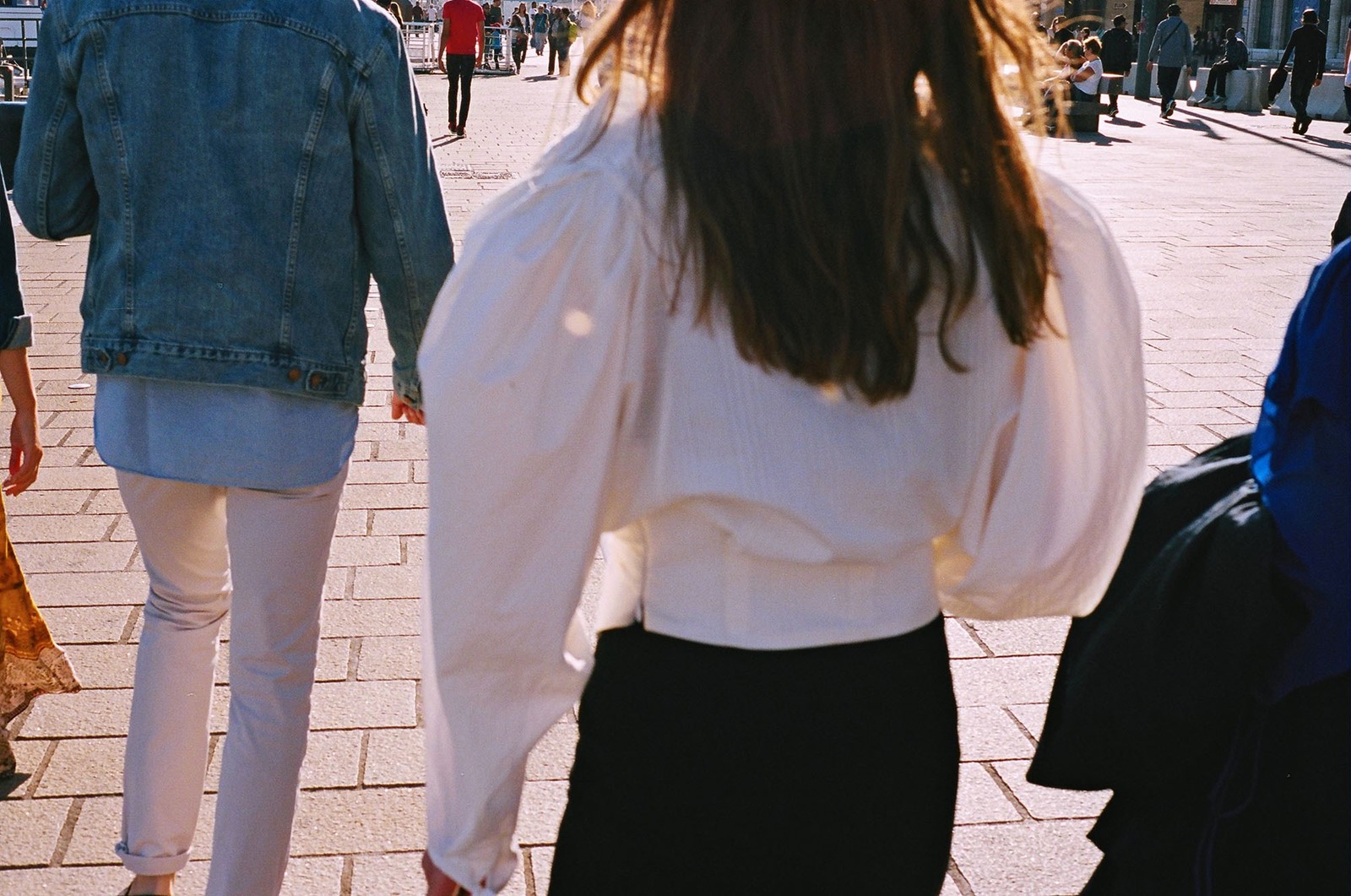France is a fractured nation. Much like the election of Donald Trump in America and Britain’s decision to leave the European Union, the rise of Marine Le Pen and the sympathy towards her far-right rhetoric among the French electorate has revealed a deep chasm in the country’s society. It’s a nation torn between patriotism and globalisation; one that’s suffered terrorist attacks and that’s struggling to deal with migration; one with a bloody colonial past behind it and a challenging future ahead.
It is against this politically turbulent backdrop that we speak to emerging French fashion designer Simon Porte Jacquemus, for whom a love for France is at the centre of all he does. The day we speak is the eve of the French election and, coincidentally, of his new exhibition Marseille je t’aime, and the designer speaks of his concern for his country as one might a sick friend or relative. “I am angry and upset to see the politicians using fear against the poor people,” he says sadly, in his thick French accent. “Everyone is using fear. Marine Le Pen using the fear of the stranger, the terrorist, and then there’s Macron who, in a way, is using the fear of him as a banker. It’s not a good moment for us.” While Macron has since won the election, abating the fears of France’s moderate and left, the nation remains riddled with problems: jobs, national borders, loss of faith in the political system and loss of identity – what it means to be French.
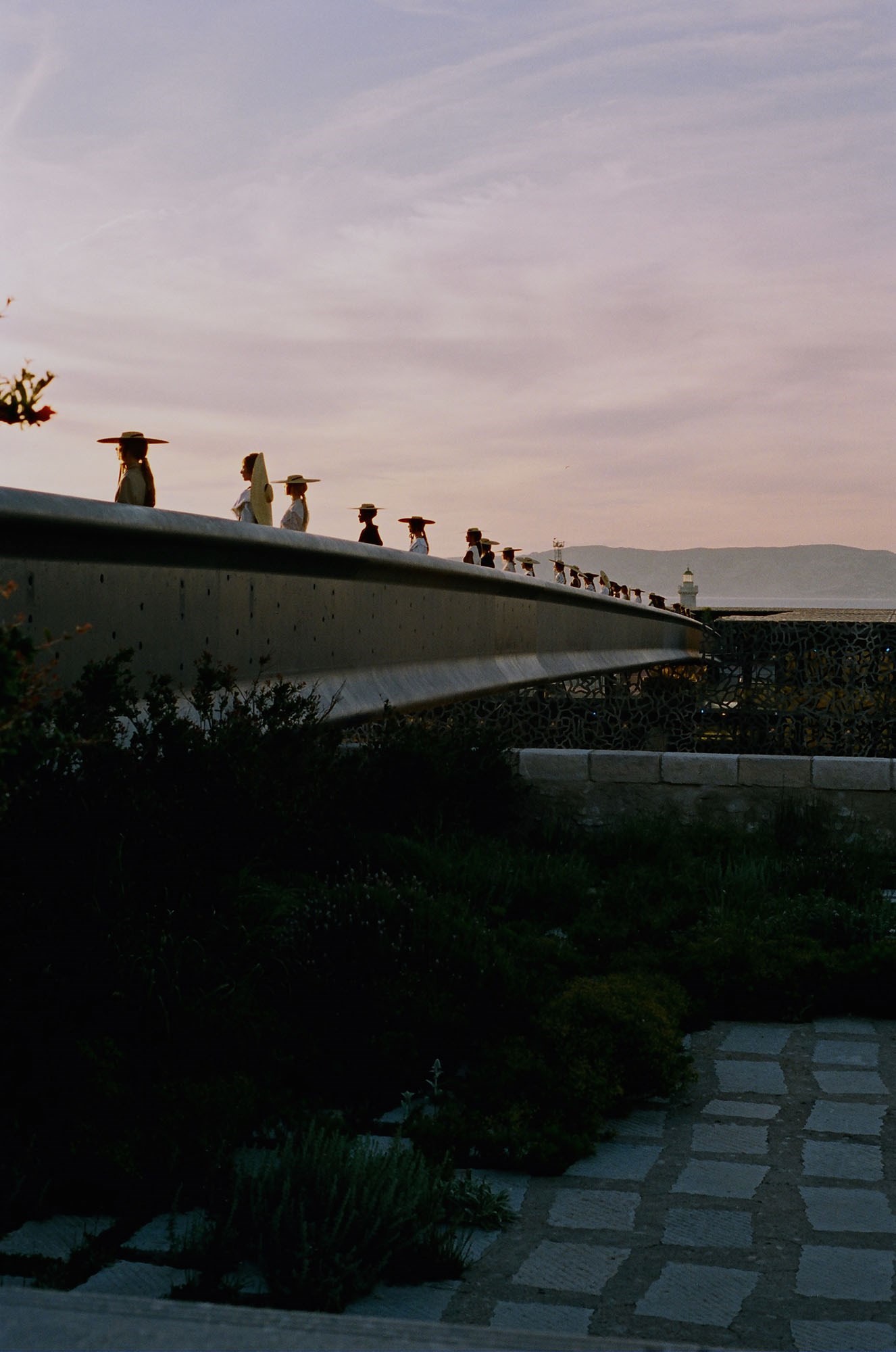
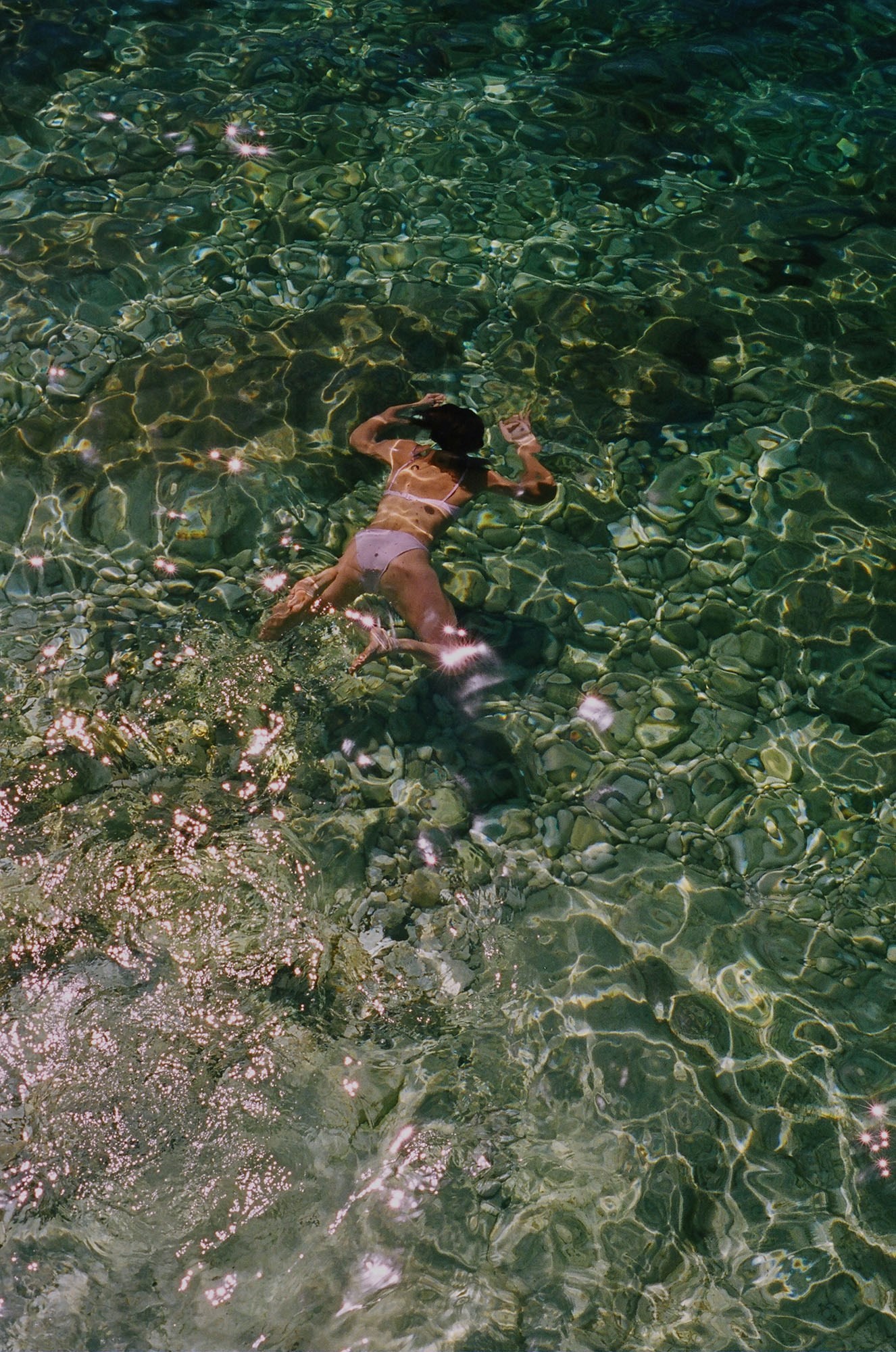
“Frenchness” though, is what lies at the core of Jacquemus’ eponymous brand, and of this exhibition and an accompanying new book of the same name – the designer’s first publication. It’s neither a nationalistic nor a Parisian Frenchness, however (the latter of which we’re very accustomed to, fashion-wise), but a provincial one – one that speaks of his hometown, Marseille. Having taken inspiration from the region since the very inception of his brand, the designer’s S/S17 collection was titled Les Santons de Provence and was inspired by the clay figurines local to that area. And while Jacquemus maintains that he is grateful to Paris, which he says has given him “everything” (he works and presents his collections there), he admits that his heart still belongs to the South. “I need people smiling,” he says with a laugh, “people singing in the streets, people who are more Mediterranean… I really miss that.”
“I need people smiling, people singing in the streets, people who are more Mediterranean… I really miss that” – Simon Porte Jacquemus
While for many of Jacquemus’ contemporaries in Paris’ emerging fashion scene – such as Demna Gvasalia and his collaborators at Vetements – nightlife is a key inspiration, this Marseillais stands apart, drawing on the life and culture of Southern France. “Jacquemus is not about nightlife and clubbing and things like that, it’s more about fruit and vegetables and rolling in the grass,” he said in an interview with Dazed Digital last year, perfectly summating this attitude. “It was such a trend to be underground, but I am the opposite,” he explains. “I like to wake up early, I love to exercise, I love chips – I love all these simple things.” This translates to his designs which are characterised by their sense of fun and freedom, playfulness and poetry – garments are often asymmetrical, silhouettes oversized and make-up experimental. One time, his ten-year-old cousin, Jean, performed in his show, pushing a giant red ball down the runway; another, the designer himself took to the catwalk, leading a beautiful white horse in tow.
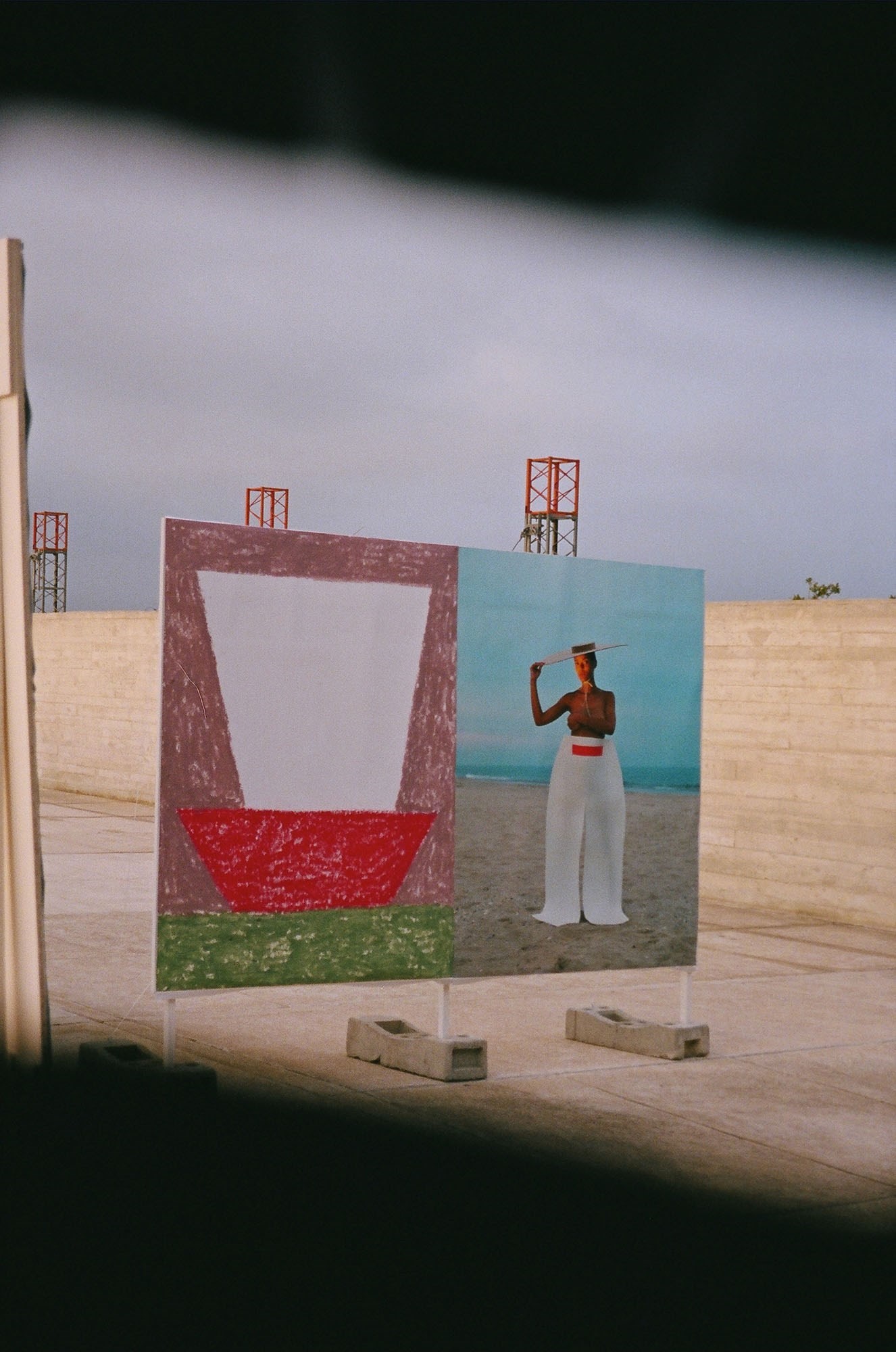
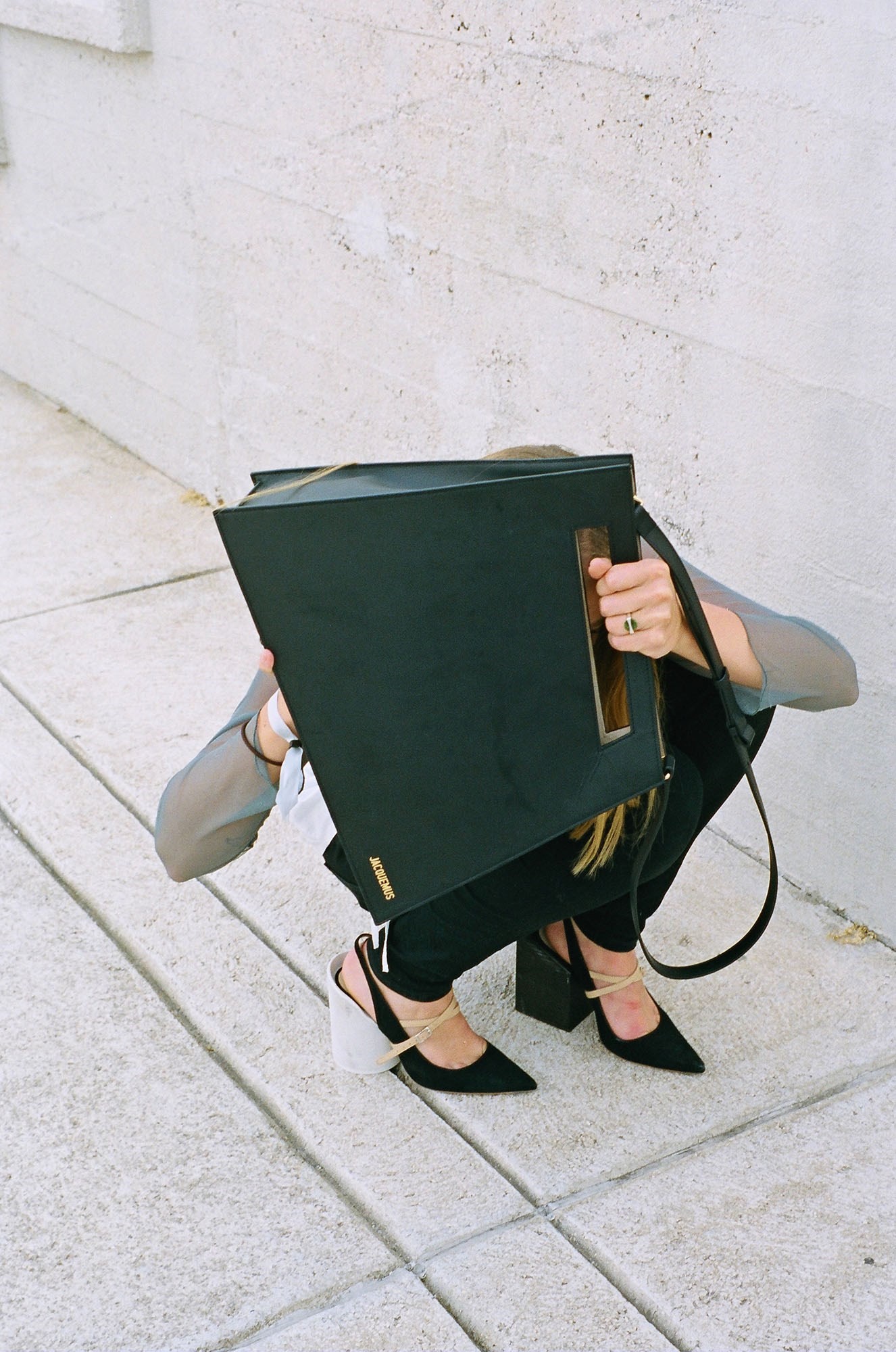
Jacquemus’ approach has been the same ever since he started his label at the tender age of 19, following the death of his mother. She was his first and biggest supporter – aged just seven or eight, he made a dress for her out of a beige linen which she loved. “She wore it the next day to take me to school and she said, ‘Simon, you are amazing, you are very good Simon, you can do whatever you want, you see?’” he recalls. “I think this was a strong moment for me.” When his mother passed away aged just 42, he began Jacquemus, naming it after her and going as far to call the brand a “tribute” to her, saying that his collections are all connected to her to this day.
“[The story] was not about the clothes, it was about me and my mother. So I had to prove that my clothes were enough good to be sold” – Simon Porte Jacquemus
When Jacquemus arrived in Paris, news of “the beautiful boy from Southern France dreaming to do fashion” spread – a storyline that gave him a profile, but also presented him with a challenge. “[The story] was not about the clothes, it was about me and my mother,” he says. “So I had to prove that my clothes were enough good to be sold.” In that, he has succeeded – along with critical acclaim, Jacquemus has experienced commercial success and is today stocked by nearly all the major high-end retailers. His label was also recently nominated for the LVMH prize – confirmation that the industry is taking him seriously.
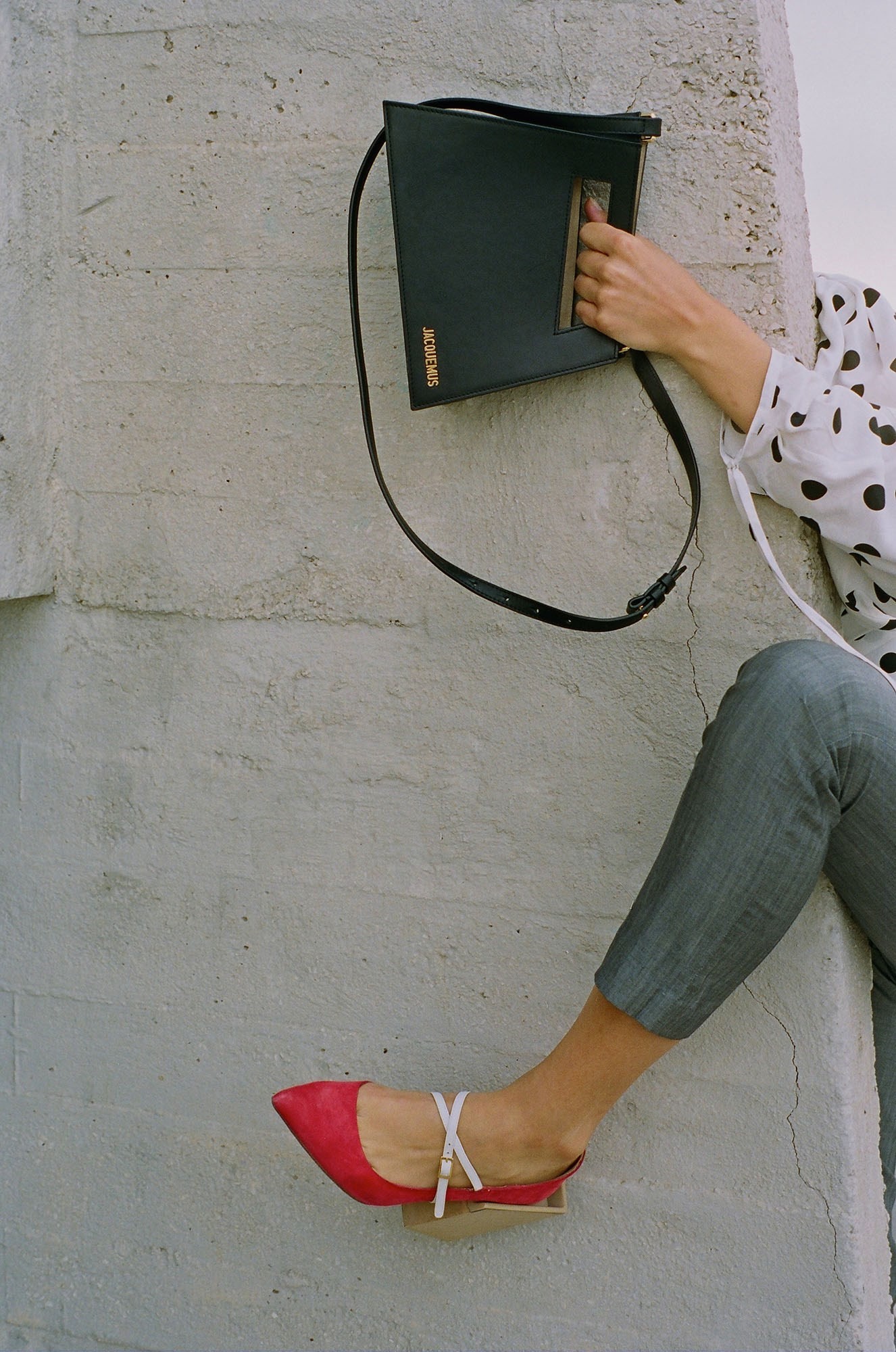
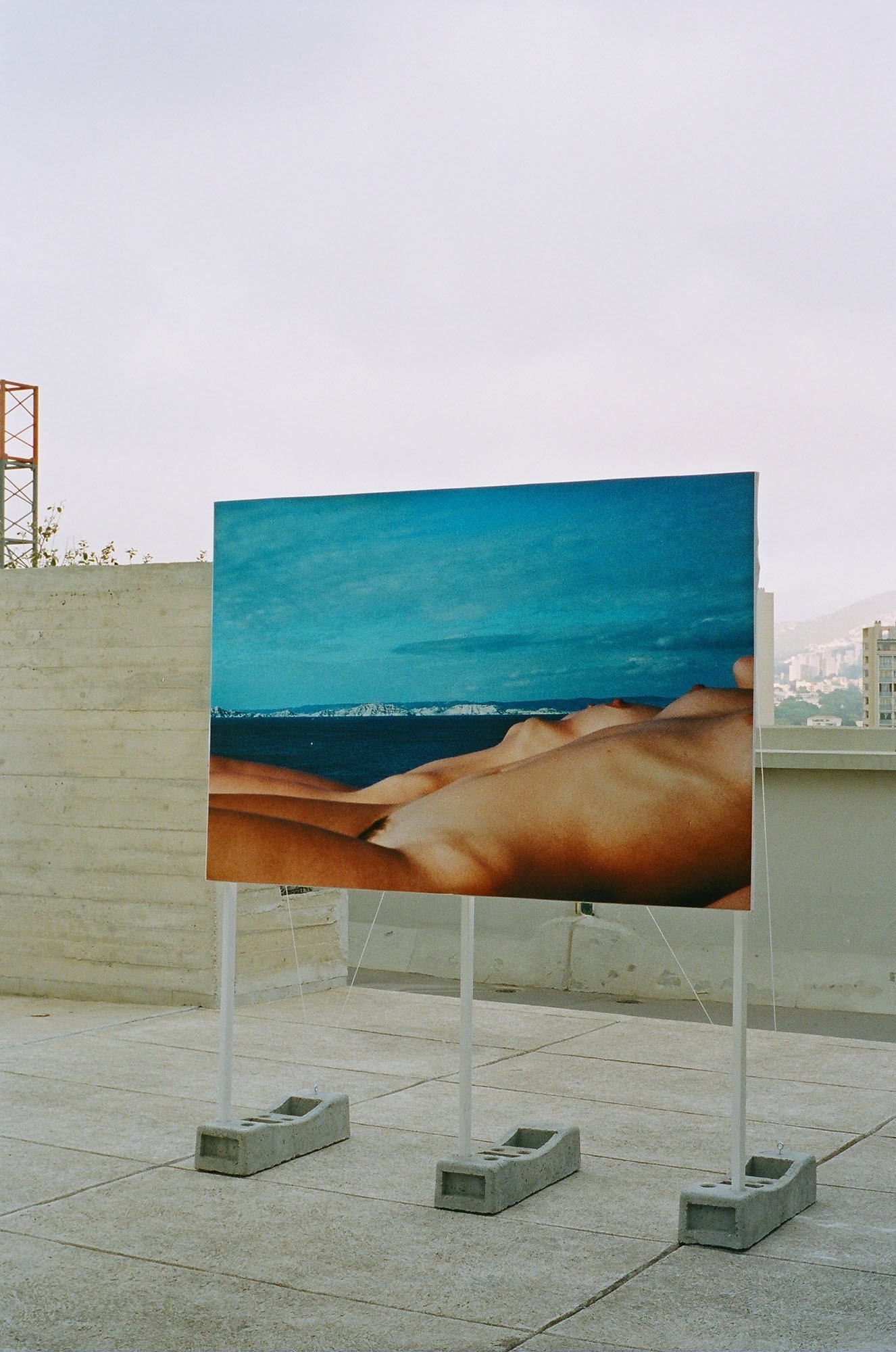
When it comes to his story though, Jacquemus is very open: he has a vast audience on Instagram – over 280,000 followers at the time of writing – that he communicates with on a daily basis. And while some of his contemporaries maintain an air of elusivity, Jacquemus does the opposite, sharing photos of himself, his family and his day-to-day life, along with images relating to his brand. “I’m very open,” he says, giving us an insight into his Instagram strategy. “For me it’s not about being strategic, it’s about being spontaneous.”
“I’m very open. For me it’s not about being strategic, it’s about being spontaneous” – Simon Porte Jacquemus
Marseille je t’aime, though, was not spontaneous. The result of much hard work on Jacquemus’ part, the exhibition features the designer’s Les Santons de Provence collection (complete with those wide-brimmed straw hats), along with photos, videos and sculptures – one of which he created himself. Rather than being a retrospective of the designer’s work, the show strives to be an “experience” and succeeds in being a thoroughly intriguing insight into the Jacquemus universe. This insight is also intimate, with over 1,000 photos and videos taken on his iPhone, including footage of his “little cousin running around in high heels, food, fittings, the shoes… The idea was just to be inside my phone because I work so closely with with [it].” Crucially, it’s set in Marseille, where he has been wanting to stage an exhibition for some time. “I’ve always dreamt of doing a show in Marseille for all the Southern French people, who never come to Paris, who are not fashion people.”
While globalisation has left many people in France with a sense of a loss of identity, through his label and Marseille je t’aime, Jacquemus demonstrates that national pride and nationalism needn’t go hand-in-hand. It’s a love letter to France – one that couldn’t have come at a better time.
